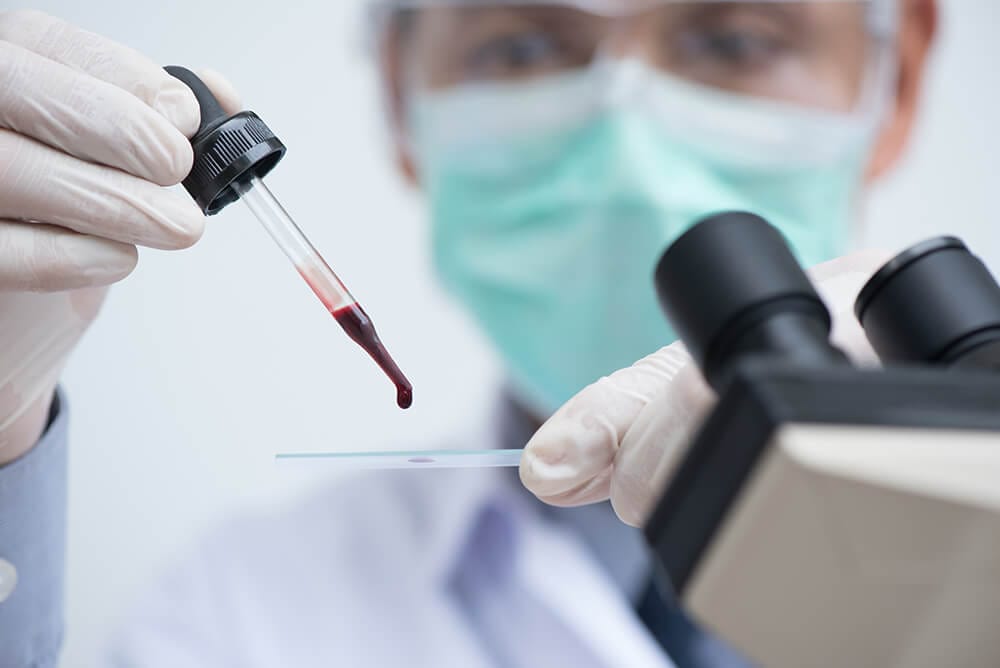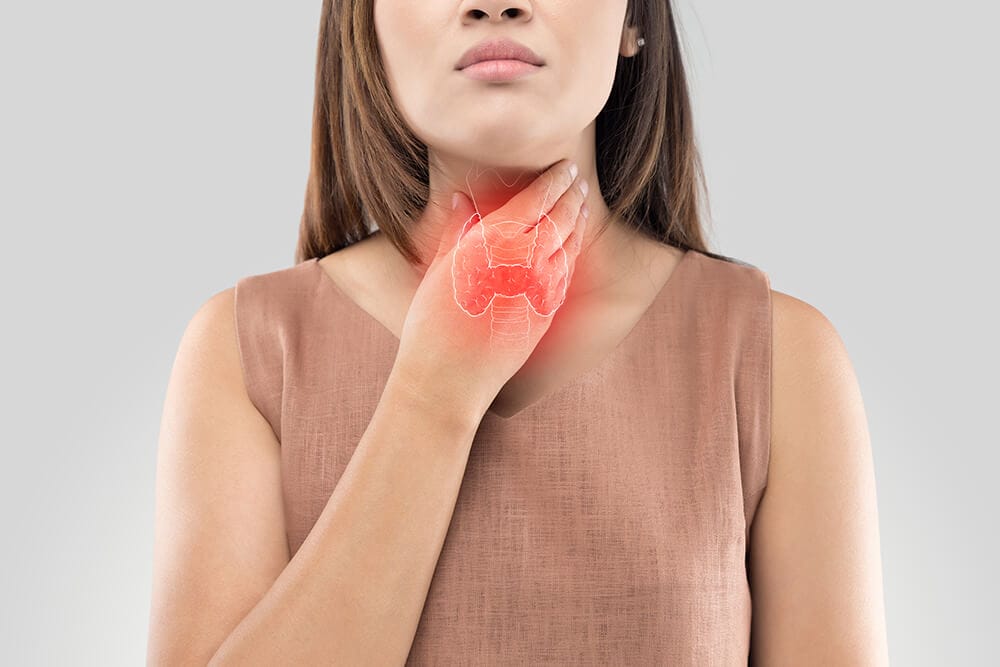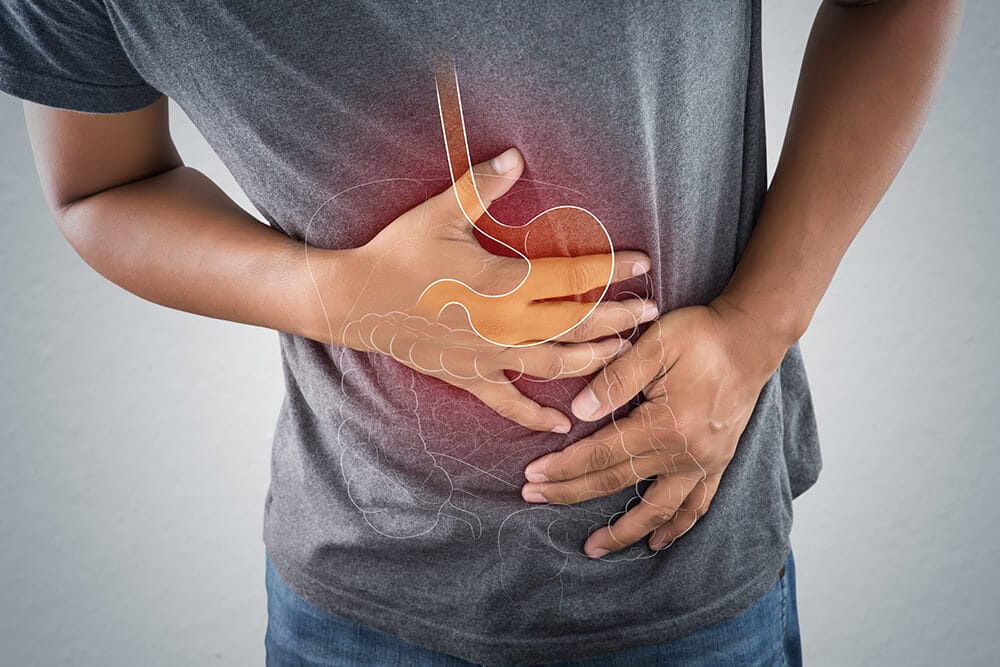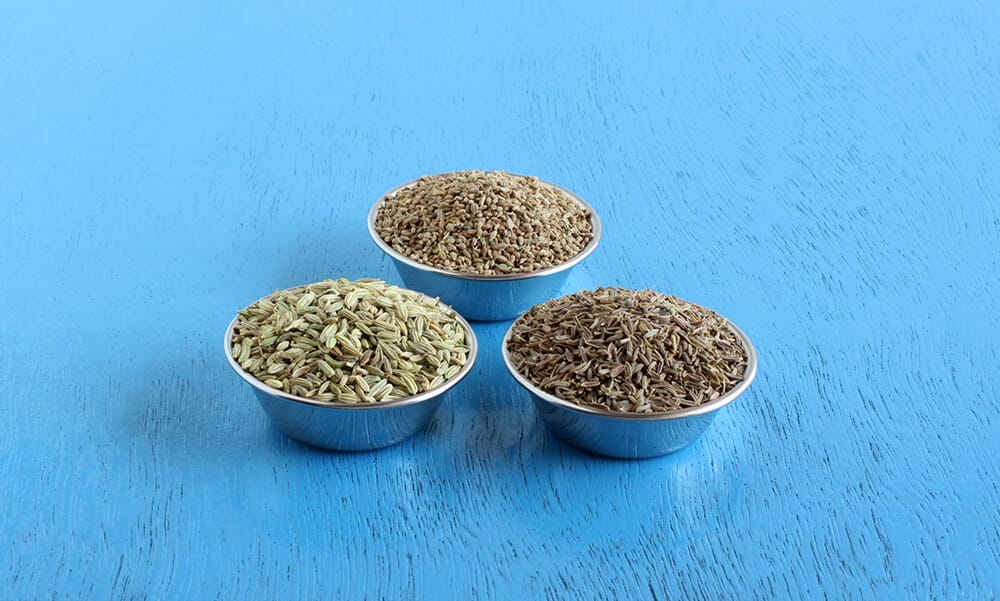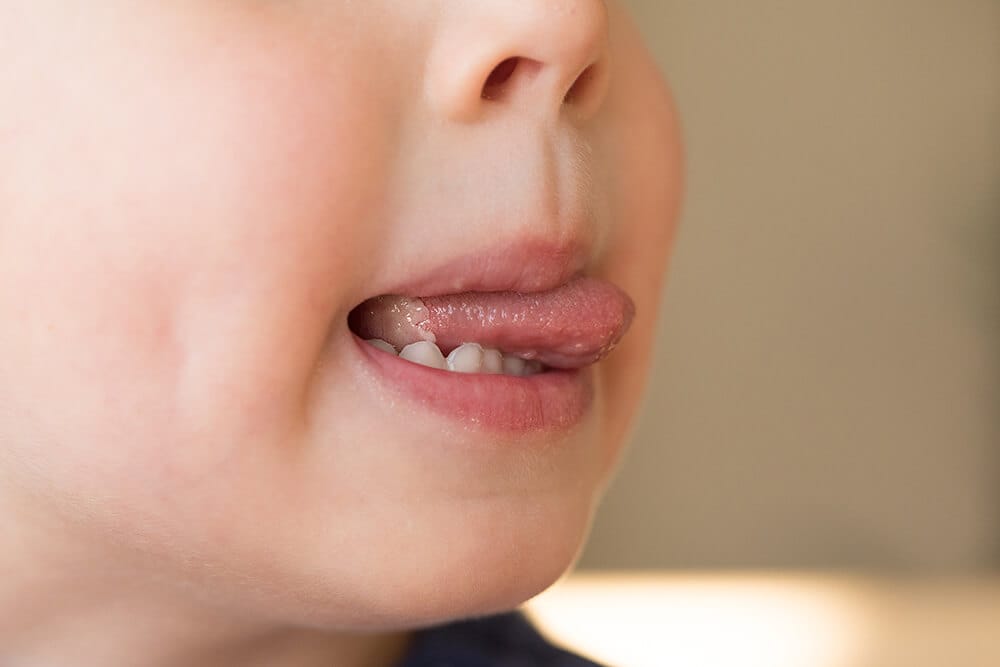
Blood Blisters In Mouth Types, Causes, Prevention & Treatment
Overview of Blood Blisters In Mouth
People have often dealt with blood blisters in their mouth. People subconsciously chew their cheeks while thinking about something or while having food. These minor injuries or traumas lead to a blister being formed over the injured part. While these accidental injuries and subsequent blisters are common in many people, blood blisters can sometimes be a symptom of other diseases. With proper knowledge, it will become easier for you to understand the causes and the treatments for these blood blisters or blood clots in the mouth.
Causes of Blood Blisters In Mouth
Blood blisters are raised bumps seen on the tongue or the cheeks or even on the inside part of the lower lips. While the term includes blood, the raised and sore area can be filled with other fluids too, like lymph. As mentioned above, these blisters are caused when the part inside the mouth has suffered minor trauma. The exact way in which blisters are formed is still unclear. There can be various reasons for the development of blood blisters in the mouth. These causes are:
-
- Allergic reactions
- Biting on cheeks
- Accidentally biting the tongue
- Drinking or eating scalding beverages or food
- Chewing hard candies
- Having sharp tooth
- Ill-fitted dentures or braces
- Stress
- Infections due to yeast or viruses
- Aspirin burns
- Having steroids or other drugs
Apart from these, blood blisters or blood clots in the mouth can be a symptom of some other conditions. These conditions can be:
-
- Renal failure
- Alcohol abuse
- Oral cancer
- Oral herpes
- Platelet count being low
- Deficiency of vitamins
- Diabetes
Types of Blood Blisters In Mouth
The blood blister in mouth causes irritation that hinders daily activities. Most of these are painful. While most of these blood clots or blood blisters inside the mouth heal by themselves, sometimes they take a really long time to go away or occur again and again. When this happens, the true cause for these blisters should be determined.
There are some common and some rare types of blood blisters in the mouth. These are:
Angina bullosa haemorrhagica
This is a rare disorder and causes spontaneous formation of oral blisters in the mouth. Generally, these blisters are harmless, but, if there is one that is very big in size and blocks the airway, a doctor should be immediately consulted.
Canker sores
These are also known as mouth ulcers. While cancer sores are generally seen on the inside of the lips, these ulcers can also be found inside any part of the mouth. These are white in color and are not very big in size. These ulcers often heal within a week.
Transient lingual papillitis
Commonly known as lie bumps or tongue bumps, these blisters are seen on the surface of the tongue and are formed when the taste buds feel irritated. These blisters are painful, but they heal within a few days.
Oral candidiasis
These blisters are white in color and are often caused due to an infection. People suffering from oral candidiasis or thrush will develop bad breath and feel that the inside of the mouth is burning. Thrush too usually heals on its own but seeking medical treatment is advised.
Symptoms of Blood Blisters In Mouth
Be it a blood blister inside of cheeks or a blood clot on tongue, the blister itself is a sign that there is a formation in the mouth that is causing irritation. These bumps or blisters are raised intrusions that are usually red in color. Some are oval in shape and can be white or even creamish in color. It depends primarily on the fluid that is present in the blister.
Blood blisters are painful and often give a sore and burning sensation in the mouth, especially when eating something hard or drinking hot fluids. It is advised to not touch these blisters or try to burst them, as it can lead to other complications or spread an infection.
How Blood Blisters In Mouth can be prevented?
Since blood blisters have no specific pattern and can develop even due to minor traumatic experiences subjected to the cheeks or tongue, there are no specific preventive measures that can be suggested with authority. Also, blisters can be symptoms themselves and formation of these blisters without causal agents like scalding drinks or hard food are signs to consult a doctor.
That said, in order to prevent the formation of blood blisters inside the mouth, it is better to avoid foods and drinks that can cause acidic burns in the mouth itself. Hot food and hot drinks are also to be avoided. Apart from causing blisters, hot drinks can cause the teeth enamel to wear out, stain easily, or even crack a bit.
Other preventive measures are:
-
- Spicy food intake should be limited or done away with if the person is prone to developing blisters
- When sores are formed due to dentures, it is best to stop using the dentures until the blisters heal
- Biting cheeks is a habit that should be done away with as most blisters are caused when the cheeks are injured
Home remedies for Blood Blisters In Mouth
The blood blister in mouth often heals on its own when left alone and preventive measures are followed. If the blisters are causing too much pain or are required to be treated immediately, these home remedies for blood blisters in the mouth can be applied:
Ice
one of the best ways to numb the pain and get rid of the inflammation is by applying ice to the blister. Holding an ice cube directly on the blister shows immediate results and there are no chances of the blister bursting or any infection spreading.
Turmeric
while spicy food is advised to be avoided, turmeric is a cure-all spice and it works wonders in case of inflammations. Turmeric contains curcumin, which is known to reduce pain and inflammation. Making a paste of turmeric and honey and applying it over the blisters will help.
Cucumber slices
cucumber is another great home remedy to treat blood blisters. Cucumber contains silica, which acts as a regenerative and healing chemical. Holding a small slice or piece of cucumber over the blister will soothe the pain.
When should doctors be consulted for Blood Blisters In Mouth?
Blood blisters can be caused due to trauma or injury to the insides of the mouth. This is not a hard and fast rule. Some people can drink scalding hot tea without blisters forming, while some can feel the blisters grow, even when they have a slightly hot drink. It depends on the level of injury faced by the cheeks or the tongue. Once a blister forms, home remedies can help deal with them. But, if there has been no case of injury and blisters still form, consulting a doctor will be beneficial.
The following instances also require a doctor’s consultation:
-
- Formation of very large blisters that can prevent eating and drinking
- Frequently occurring blisters without trauma
- The appearance of blisters on the lips
- Blisters that are caused due to dentures indicate the dentures do not fit properly
Diagnosis and treatment of Blood Blisters In the Mouth
The blood blister in mouth treatment varies, as there could be different reasons for the development of the blisters. The blisters can be due to injury or the blisters can be symptoms. When blisters develop and home remedies are not effective, it is best to get diagnosed before looking for over-the-counter medications. Once diagnosed and doctors ascertain that the blisters are not symptoms of any other conditions, ointment is the best choice in terms of treatment. Ointments that contain benzocaine as an active element will act as topical anesthesia, while helping reduce inflammation.
Conclusion
Blisters caused by an injury often heal on their own, within a week or two. When the blisters form, it is best to not try to pick at them or apply just any ointment without consultation. Blood blisters in the mouth can be painful, but, when left alone, they do not cause much trouble.
FAQs
-
Are blood blisters contagious?
No, blood blisters that are formed in the mouth are not contagious. But, the infection can spread within one’s mouth when the blisters are picked or burst.
-
How to know if the blood blister is benign or malign?
Most of the blood blisters that are formed due to injuries are benign. They heal within a few days. In case of malign blisters that can indicate oral cancer, it is best to go to a doctor if the blisters look blue-red in color, as compared to the general reddish appearance of benign blisters.
-
Can melanoma look like a blood blister?
Melanoma or skin cancer does begin looking like blood blisters and it progresses rapidly. Unless the symptoms are checked, treatment cannot be started.







